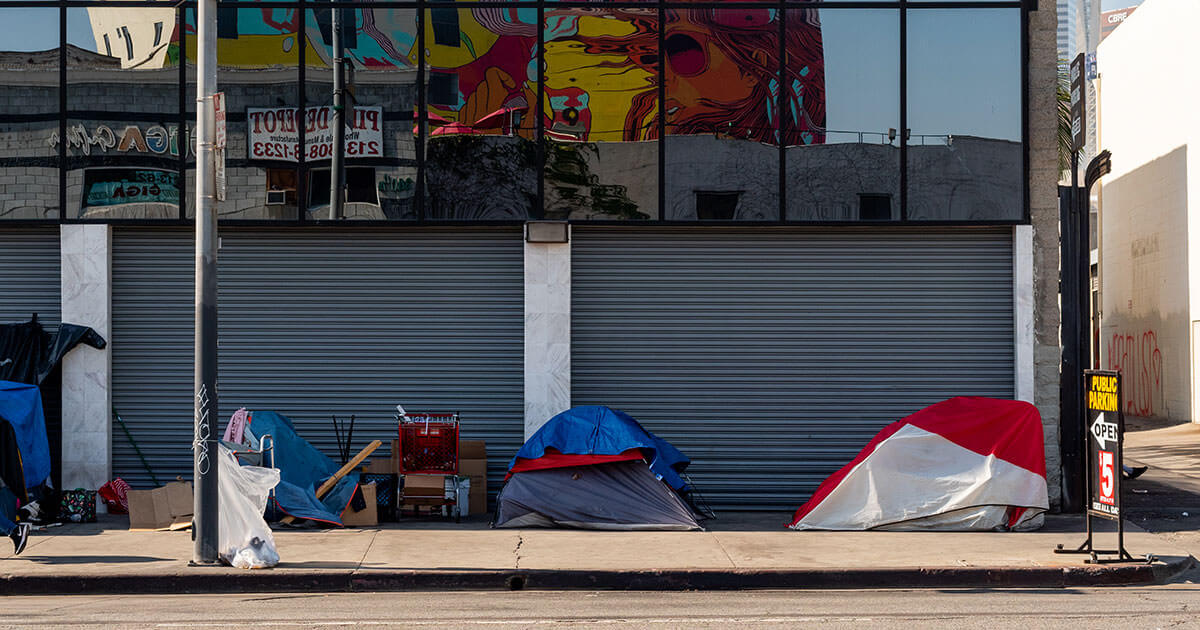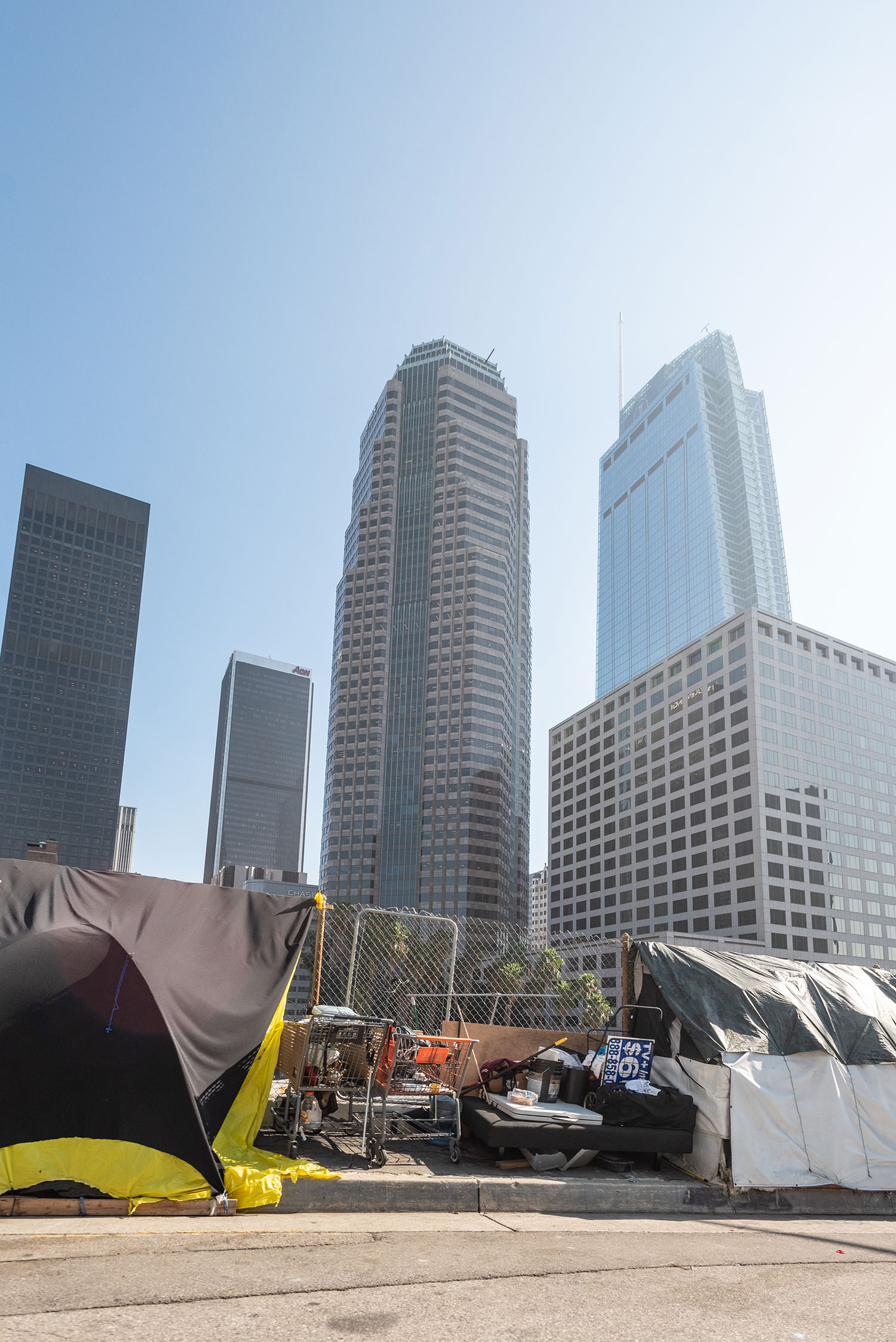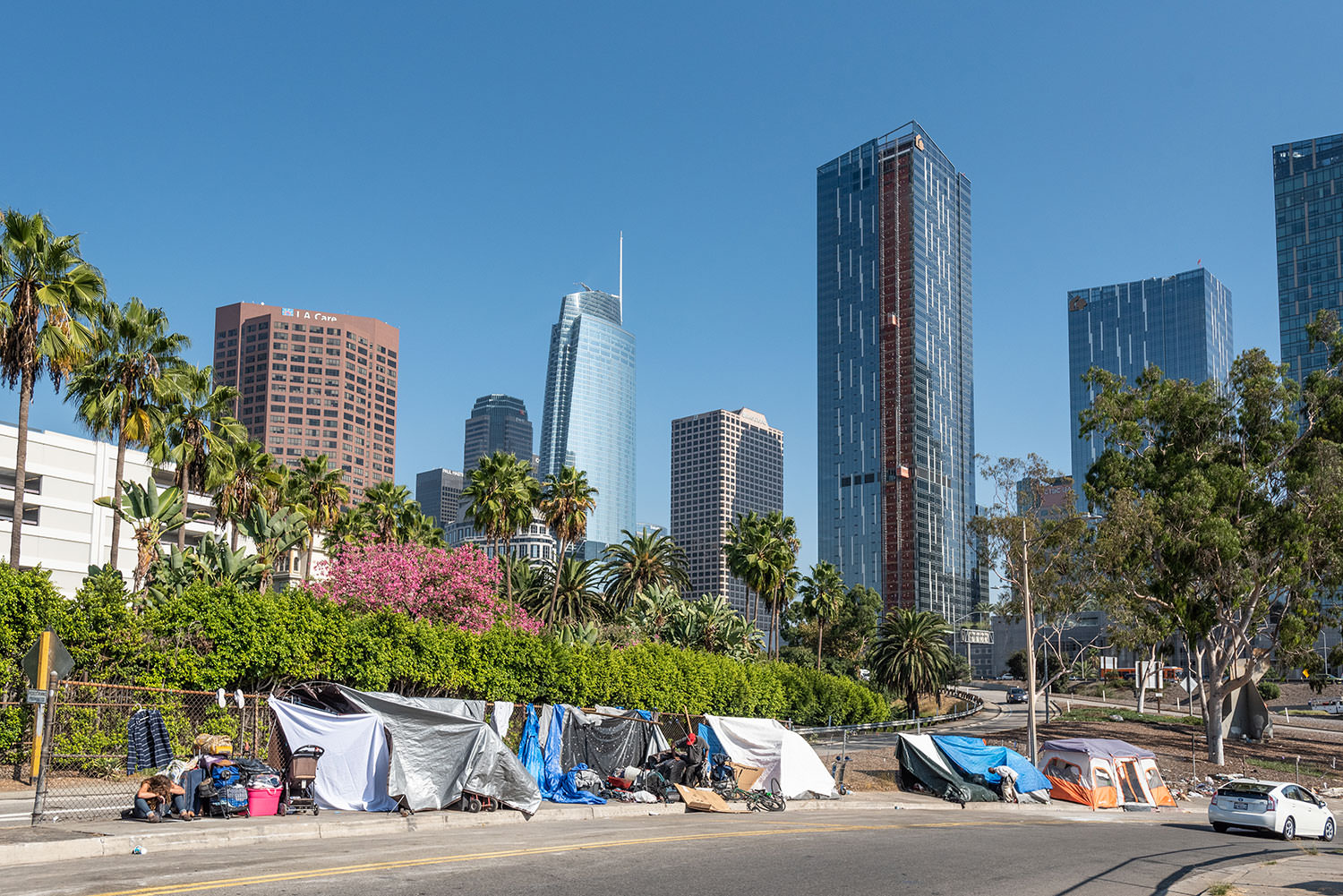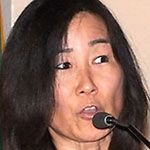
When I was about 7 years old, I remember feeling very distraught as I questioned why houses in the hills were much nicer than the houses on the boulevard. Our home overlooked Echo Park and downtown Los Angeles, and we could hear the roar of a Dodgers game and see fireworks from the stadium on certain occasions. And every holiday season, Mom would help deliver food baskets to families who lived in the boulevard homes. Sometimes, they were fellow classmates from Elysian Heights Elementary School. I also remember becoming friends with Oscar, who aspired to join the “pee-wees” of our local Echo Park gang.
As a pre-teen, I enjoyed the safety of a Little Tokyo-based Japanese American Church youth group. My folks weren’t members, but I think they liked the idea of my being around Girl Scouts and nice clean middle-class churchy kids. About half of me enjoyed the goofy games and songs; the other half thought it was stupid and shallow. On some level, I knew Oscar would not be welcomed. He didn’t look or dress like a middle-class JA. He dressed like a cholo.
At the age of 17, I joined the Little Tokyo People’s Rights Organization (LTPRO), thanks to the urging of very politically active family members. I learned about Marxism, and the fundamental difference (and division) between activists who marched to the civil rights agenda, and those who lived for a socialist revolution. This was my introduction to finding language for classism and its interconnectedness to racism. I ended up leaning into Marxist or “League of Revolutionary Struggle” ideology more than that of civil rights. It is friggin’ hard to be a Marxist when you live and work in a capitalist society. I recall working on our newspaper, the Nikkei-Sentinal, which was loosely modeled after Gidra (a fierce and piercing political publication coming out of the University of California, Los Angeles’ Asian American studies). I knew that the church I had attended was right next to the community center where LTPRO met. I saw it this as a juxtaposition between those who seemed to want to separate themselves from sisters and brothers living two blocks down from skid row, and those of us doing some really gritty work to impact the oppressive manifestations of capitalism.

During those years, I trained in kung-fu with brothers whose last names include Ishii, Furutani, Soo-Hoo, and Kochiyama. Yeah, badass for sure. Our little gym was a stinky windowless garage, and all of the apartments on top of us were rat- and roach-infested. These warriors in Chinatown were not aspiring to be bankers, doctors, or financially successful, but rather, brothers who confronted all of what had been normalized through centuries of indoctrination.
Ever since those formative days, I find myself reflecting about how capitalism literally infiltrates all aspects of daily life. And throughout my time at Fuller Seminary, I dove into the needed language of Christian theologians — Howard Thurman, Gustavo Gutiérrez, Soong Chan Rah, Mark Charles, James H. Cone, Miguel A. De La Torre, Renita J. Weems, and Davina C. Lopez, just to name a few — that shed light like nothing else I had heard, read, or sang. I wondered why the seminary did not treat these doctrines with the same gravitas as the theological frameworks from European- or American-born men.
So, it was during my time at Fuller that I pieced together a workshop that continues to evolve today. It’s called “Where’d you learn that?” Here are some of the questions that I hope will lead us into a space of reflection and perhaps add to transforming ourselves, our beloved, and the parts of the world that God has entrusted into our care.
Where’d you learn that?
- What has been normalized in your context in terms of basic lifestyle? (General assumptions about what is expected in terms of your income, house, neighborhood, education, appearance, car(s), grooming, recreation, friends, partner, where you shop, eat, worship, etc.)
- What was taught at your school or home about capitalism? Socialism? Free enterprise? Communism? Marxism? Trickle-down economics? Were there any value judgments placed on those systems?
- What images come to mind when you think of the American middle-class? Do you aspire to fulfill some version of those images (while acknowledging cultural distinctions)?
- Why does the Walmart CEO make $22,179,961, while my friend, Veronica, earns $12 an hour? And now, she can’t get overtime pay.
- I am writing this piece on Labor Day. A national holiday. Do most of us celebrate the principles of why we have this day off? I think about Grandpa on Mom’s side who washed dishes, and Grandpa on Dad’s side who was a gardener. And my mom, who cleaned homes after being released from a World War II concentration camp.
- I grew up in Echo Park, where my neighbors could work and live. Is that still the case? Or have housing and renting costs become untenable for people to live in the same city that they work in?
- Have you heard of Vincent Chin? Who killed Vincent Chin? What were the social, economic, political, moral, racialized, and ethical contexts that enabled the auto workers to bash his head in while under the mistaken impression that he represented the Japanese auto industry?
- Who owns or holds power in our government, seminaries, military, educational systems, law enforcement, health-care, mental health care system, auto industry, agriculture, evangelical churches, goods movement, all forms of media, ports, judicial system, courts, real estate, energy, recreation, fire-arms, military, marine-life, pharmaceuticals, housing policies, tax structures, natural resources, preservation, banks, Wall Street, (keep going ... )?
- How are nationalism, consumerism, racism, American middle-classism, sexism, and capitalism inter-connected?
Reflect on faith tradition and teachings
- With respect to the Church: Why is Black Friday spoken of as an assumed activity after Thanksgiving in the pastor’s message? Why did a preacher use “waiting in line at the mall for new sneakers” as an illustration of waiting for Jesus?
- How much is my ableism an attempt to remain youthful in appearance according to media standards? How does ableism show up in church activities and our view of authority?
- Are people in “underdeveloped” regions experiencing as much depression, ADHD, and other mental health issues as people in more “developed” regions?
- Why does the Church spend hundreds of thousands to millions of dollars on overseas mission trips in response to natural disasters, but very little to address man-made disasters, here in the U.S.?
- Scientists predict that by 2050, global capitalism will “starve humanity” through the destruction of species, complete loss of primary forest, commercial agriculture, timber extraction, infrastructure development causing habitat loss, and our reliance on fossil fuels as they exacerbate climate change ... (Forbes, February 6, 2016). And yet our church communities participate in (fill in the blank) to either help or add to wealth for some, and devastation for those of us remaining. What is your faith community doing?
- Who profits from the incarceration of and production from low to no-wage labor in detention centers, jails, and prisons?
- What are the longer-term consequences for the children now detained? How will they re-socialize? Or will they?
- How can we sustain the infrastructure behind children detainment (border patrol, ICE agents, detention center staff, buildings, supplies, systems, etc.)?
- How much of the church budget goes toward maintaining appearances?
- The Church is usually interested in giving soup and shoes from a posture of charity. Does your church also address why people need soup and shoes in the first place?

Everyday living, choices, interactions
- Where do you live now? What influenced your decision? Do you see another house or neighborhood and strive to attain that next level of lifestyle? What influences that desire?
- When you walk into a restaurant, who owns the building? Who owns the restaurant? Who manages? Who serves the food? Who cleans the tables? Who cooks? Who is washing the dishes? Who are the workers who grew, picked, and shipped the food you are eating ... and what happens at the end of the day to the food not consumed?
- How do I respond to my brown-skinned Asian American sister who asks, “What does my success look like outside of American capitalism?” in the context of discussing the movie “Crazy Rich Asians”?
- How can we recover from President Ronald Reagan’s mid-1980s budget cuts of the federal mental health block grant, the comprehensive employment and training act, zero funding for the proposed center for poverty research, reduction in food stamps, etc.?*
- Do most of us see the correlation of those budget cuts to the exponential increase of men, women, and children living on the street? And the cycle of poverty that ensues today?
- Speaking of cycles, I see homies riding bicycles around my neighborhood. No spandex or helmet. No fancy water bottle. Do they ride bikes because they enjoy it, or because they can’t afford a car?
- While many of us enjoy camping, can we imagine living in a tent under a freeway underpass? Until the police come and take everything ...
- While Reagan was cutting safety-net programs for those already living on the margins, were we mesmerized by his augmentation of Nixon’s War on Drugs? The criminalization of entire groups of people? And the profit for those who build and staff the “correctional facilities” that ensued?
- How is it possible that while the economy is booming, over half of Americans cannot put food on the table, afford health care, or pay rent? Are you in debt? Think about all of the contributing factors.
- And what about conglomerates? Corporations that monopolize the “free market”?
* (Sheldon Danziger and Robert Haveman, “The Reagan Budget: A Sharp Break with the Past,” Challenge, 24 (May-June 1981), 5-13 (IRP Reprint 434). )

Wonho Frank Lee is a freelance photographer who primarily shoots for Eater LA and recently received his MFA from Cal State LA. Follow him on Instagram @WonhoPhoto.
